Summaries of books about Middle Eastern History:
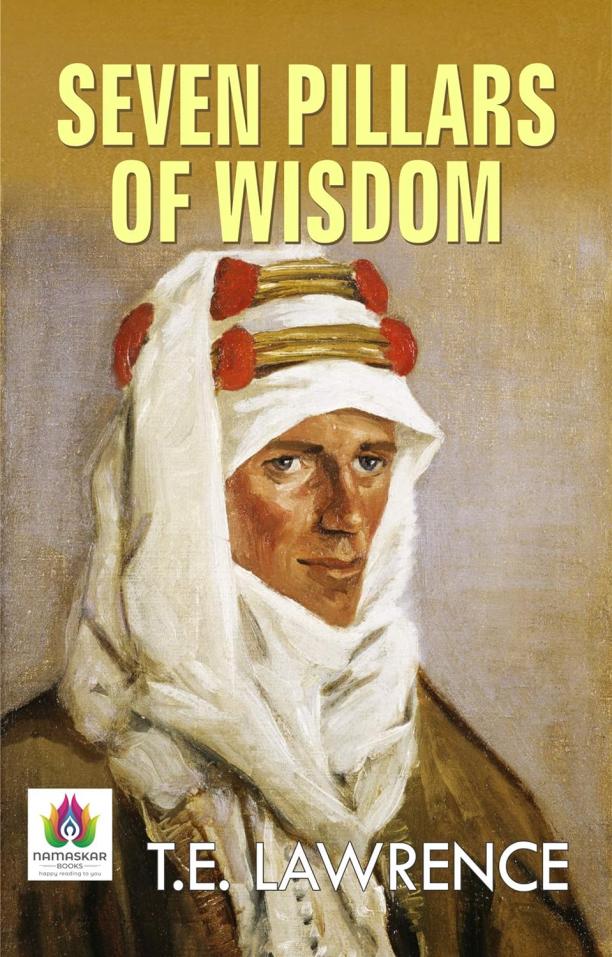
Seven Pillars of Wisdom
T.E. Lawrence's Odyssey Through Arabia
T.E. Lawrence
The book is a detailed autobiographical account of T.E. Lawrence's experiences as a British military officer during the Arab Revolt against the Ottoman Empire during World War I. It explores his role in the guerrilla warfare alongside Arab leaders, his strategic insights, and the complex relationships and politics of the region.
See full summary
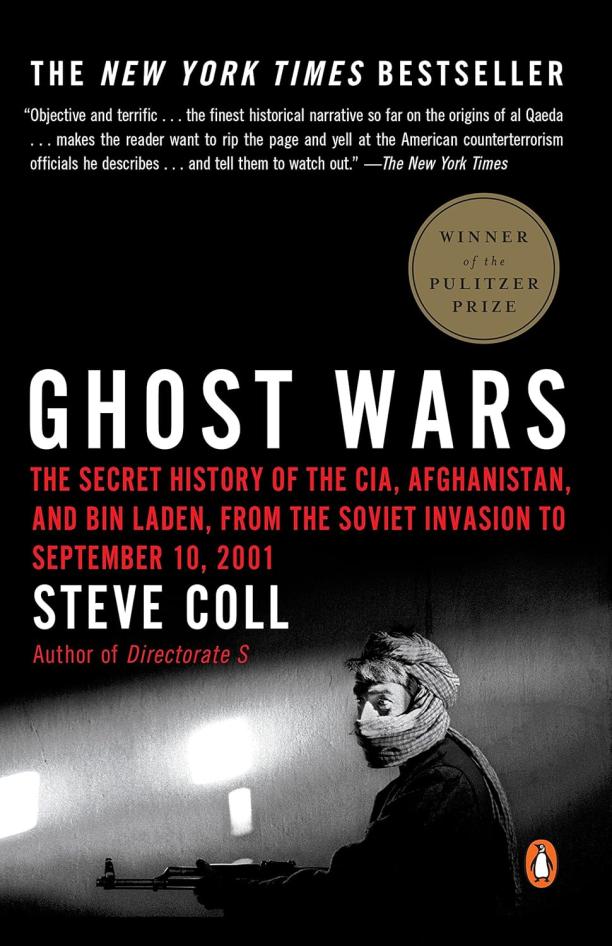
Ghost Wars
The Secret History of the CIA, Afghanistan, and bin Laden, from the Soviet Invasion to September 10, 2001
Steve Coll
The book chronicles the CIA's involvement in Afghanistan from the Soviet invasion in 1979 to the eve of the 9/11 attacks, detailing the agency's covert operations, the rise of Osama bin Laden, and the complex web of geopolitical interests and alliances. It explores the unintended consequences of American foreign policy and the roots of Islamic militancy that led to the emergence of al-Qaeda.
See full summary
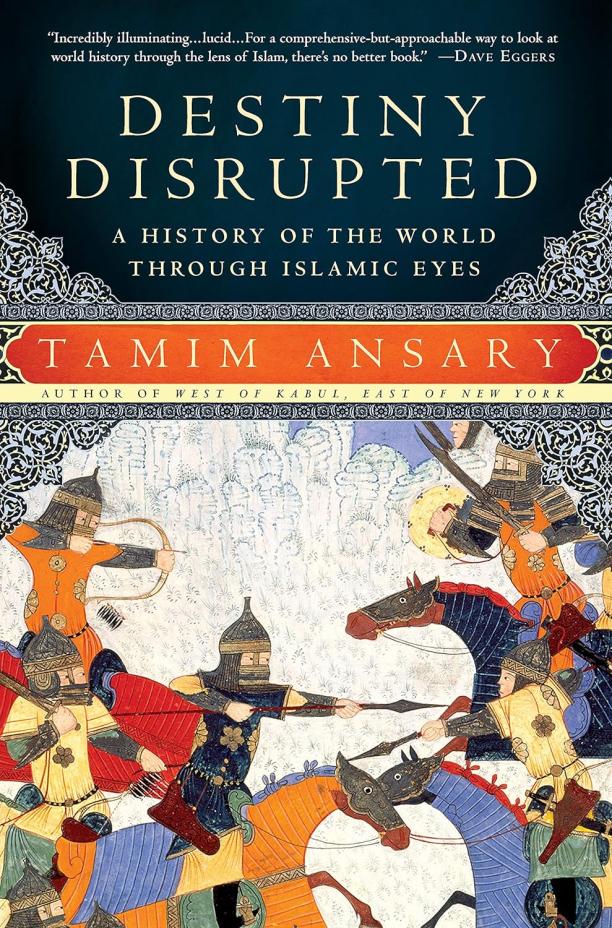
Destiny Disrupted
A History of the World Through Islamic Eyes
Mir Tamim Ansary
The book presents a narrative of world history from the perspective of the Islamic world, exploring how Muslims have seen their role in the global story. It covers the rise and spread of Islam, the evolution of Islamic empires, and the cultural and scientific contributions of Muslim civilizations, contrasting this perspective with the Western-centric historical narrative.
See full summary
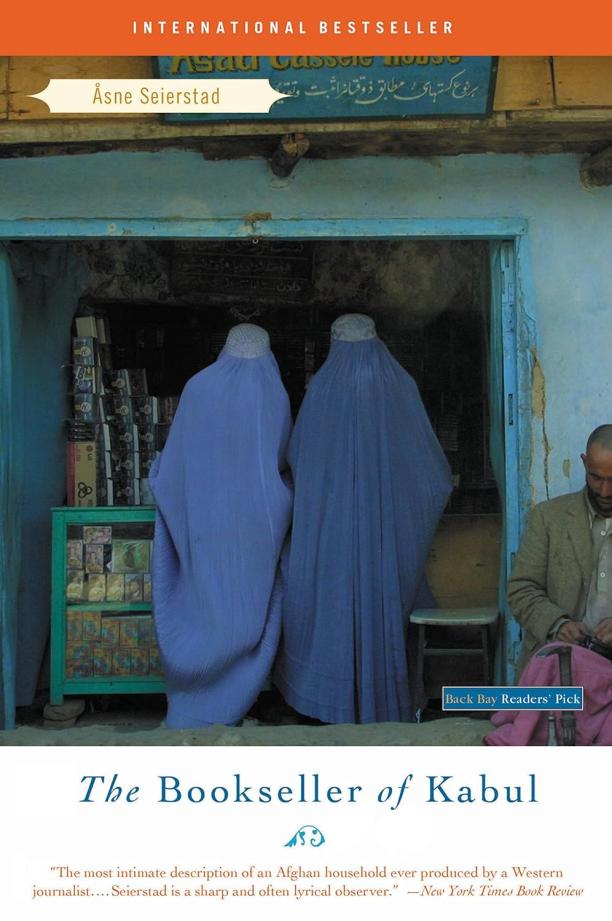
The Bookseller of Kabul
Åsne Seierstad
The narrative provides a detailed account of the daily life of a bookseller and his family in Kabul, Afghanistan, after the fall of the Taliban in 2001. It explores the cultural and personal dynamics within the family, set against the backdrop of a country struggling to rebuild itself amidst political and social challenges.
See full summary
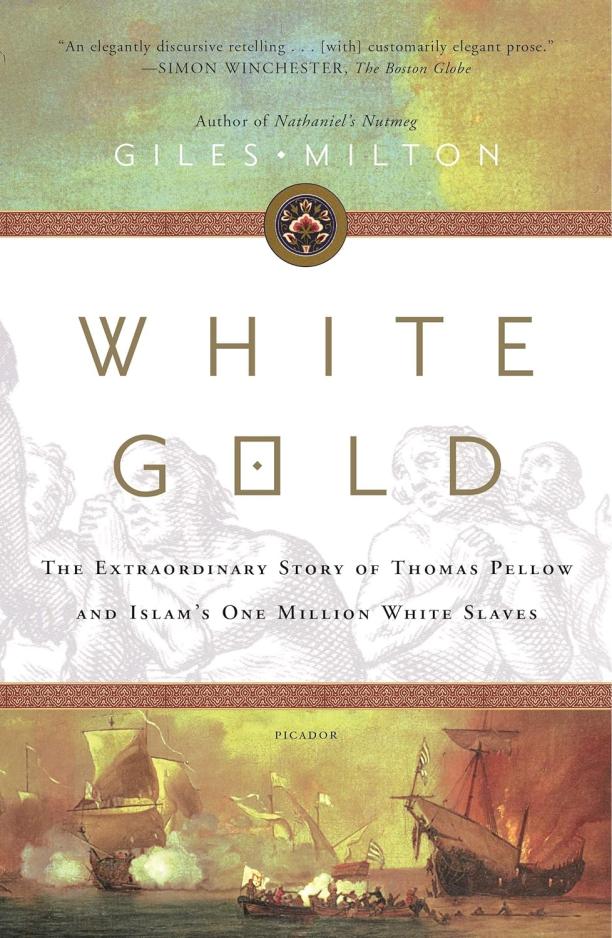
White Gold
The Extraordinary Story of Thomas Pellow and Islam's One Million White Slaves
Giles Milton
The book chronicles the harrowing experiences of Thomas Pellow, a Cornishman who was captured at sea by Barbary pirates and enslaved in North Africa in the early 18th century. It delves into the wider historical context of white slavery in the Islamic world, detailing the fates of Europeans abducted and sold into bondage during this period.
See full summary
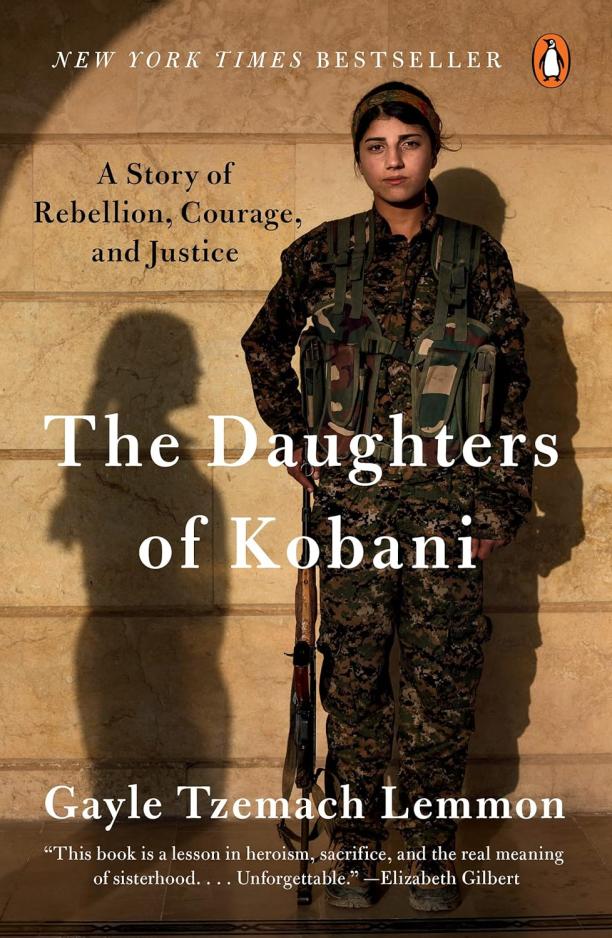
The Daughters of Kobani
A Story of Rebellion, Courage, and Justice
Gayle Tzemach Lemmon
The book chronicles the all-female Kurdish militia, the YPJ, and their pivotal role in the battle against ISIS in the Syrian town of Kobani. It highlights the personal stories of these women fighters, their fight for gender equality, and their impact on the global stage in the war against extremism.
See full summary
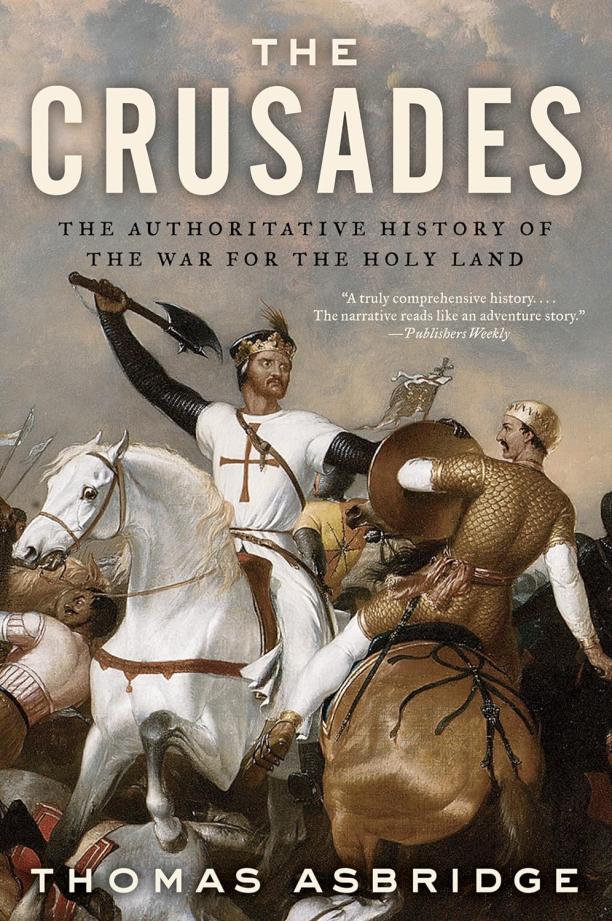
The Crusades
The Authoritative History of the War for the Holy Land
Thomas Asbridge
The book offers a comprehensive narrative of the Crusades, spanning from the First Crusade's inception in 1095 to the fall of the last crusader stronghold in 1291. It delves into the motivations, experiences, and impacts of the Crusades on both the Christian and Muslim worlds, providing detailed accounts of key battles, leaders, and political dynamics of the era.
See full summary
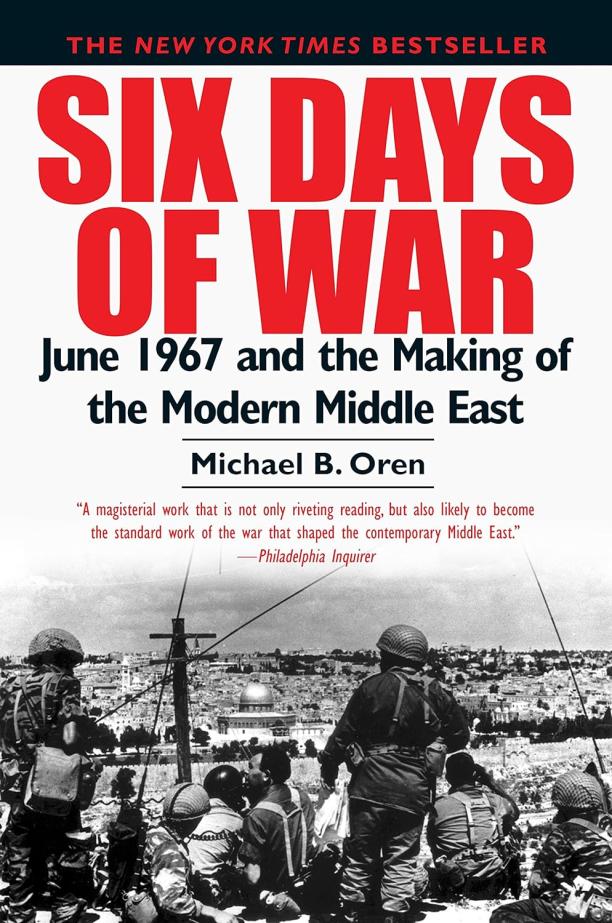
Six Days of War
June 1967 and the Making of the Modern Middle East
Michael B. Oren
The book provides a detailed account of the 1967 Arab-Israeli conflict, known as the Six-Day War, examining the political, military, and social factors that led to the war and its transformative impact on the Middle East. It offers a comprehensive narrative of the events from multiple perspectives, including Israeli, Arab, Soviet, and American viewpoints, and discusses the war's lasting consequences on regional and world politics.
See full summary
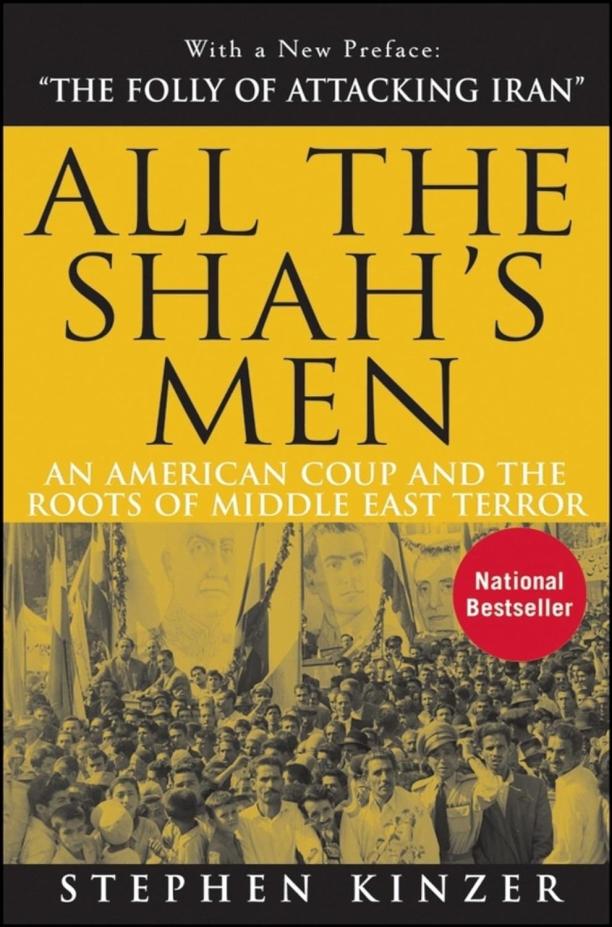
All the Shah's Men
An American Coup and the Roots of Middle East Terror
Stephen Kinzer
The book delves into the 1953 CIA-led coup in Iran that overthrew Prime Minister Mohammad Mossadegh and reinstated the Shah, Mohammad Reza Pahlavi. It explores the coup's motivations, the execution, and its long-term consequences for Iran and the broader Middle East, including the rise of anti-American sentiment and the groundwork for future conflicts.
See full summary
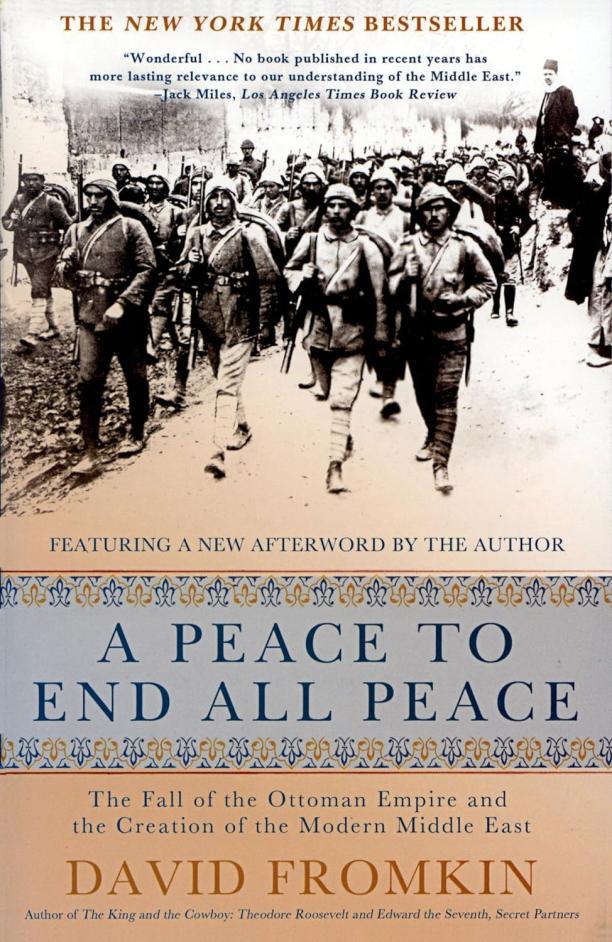
A Peace to End All Peace
The Fall of the Ottoman Empire and the Creation of the Modern Middle East
David Fromkin
The book delves into the complex events and decisions during and after World War I that led to the dissolution of the Ottoman Empire and the subsequent political reconfiguration of the Middle East. It examines the roles of European powers in drawing new borders and creating new nations, setting the stage for a century of turmoil and conflict in the region.
See full summary